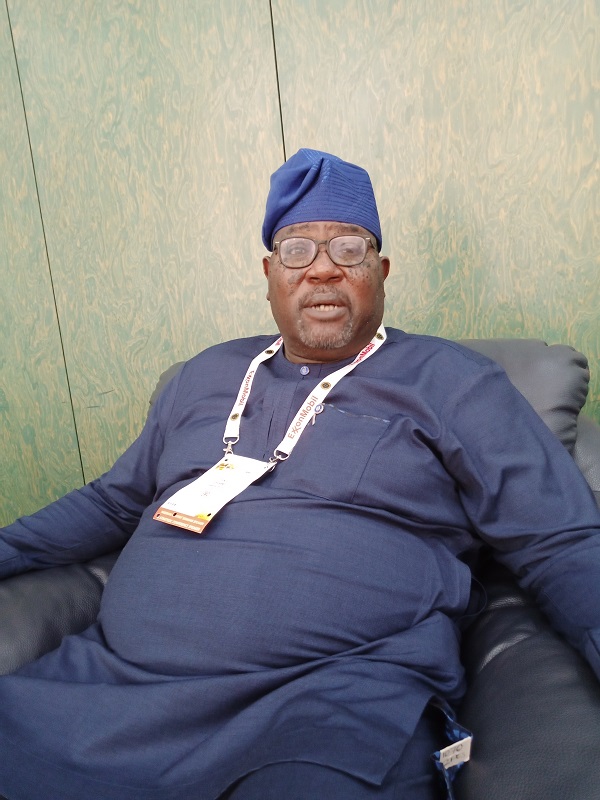Mr. Tunji Oyebanji, Managing Director, 11PLC
…PIA opens doors of opportunities for a new dawn in the industry with dimensions and directions for players in the sector.
-By Felix Douglas
The Managing Director of 11PLC (former Mobil Oil), Mr. Tunji Oyebanji, chaired a panel session at the 15th Oil Trading & Logistics Africa Downstream Week conference. The theme of discussion was ‘The Nigerian Fuel Congress’ and issues concerning the downstream sector with regards to petroleum products.
Oyebanji explained that the Petroleum Industry Act (PIA) which was recently signed into law by President Muhammadu Buhari provides an exciting times for the downstream industry in Nigeria.
He added: “Most exciting is the fact that after a gestation period of 20 years, we finally have in place a brand new Petroleum Industry Act. This has been a transition for virtually two decades and opens doors of opportunities for a new dawn in the industry with dimension and directions for players in the sector.”
The 11 PLC helmsman stated further that the industry will soon move to an era where all petroleum products will be determined by market forces on like previously where only Premium Motor Spirit (PMS) remains regulated. “We have a new regulatory format for the industry. There is an Upstream Commission and a Midstream & Downstream Authority.”
Oyebanji enjoined stakeholders in the industry to work together to see how they can surmount challenges in downstream sector.
Presenting a paper at the session, the Group Executive Director (GED), Downstream of Nigerian National Petroleum Corporation (NNPC) Limited, Mr. Adeyemi Adetunji, explained some policy challenges in the past and why the industry has not attained the kind of investment that will develop the downstream sector. There are other issues such as cross boarder leakages which had impacted former structure in the industry. He highlighted some risks and political will to take positive actions.
Adetunji also suggested that market segmentation like that of the electricity sector is a possible option for the upcoming transition in the petroleum industry adding that it will enhance progress.
Oyebanji stated in his remarks that Nigeria is spending N2 trillion on oil subsidy and it is the only country where petroleum products is the cheapest leading to significant leakages of products across the border. The country could develop its infrastructure with social amenities to the people from money being used for subsidy. “Is a choice we should make, we cannot be demanding for better roads, healthcare, education when we all conspire and have agreed to spend the money on subsidy.”
The prices of diesel in Nigeria are closer to what is obtainable in other West African countries because the incentive to distribute the petroleum product is significantly reduced since ability to make extreme profits have been eliminated. No marketer makes excessive profits from diesel owing to deregulation.
He emphasized on regulatory agencies that have overstretched their responsibilities as they have made themselves policemen rather than growing and developing the industry. Hence, the focus is more on shutting down, penalizing and payment of fines instead of collaborating with stakeholders to support development of the industry.
According to him, “We may be mortgaging our future, life may be difficult for us today and we may be living a relatively comfortable life by having cheap petrol thereby mortgaging our future.”
Thus, subsidy is a way of mortgaging the country’s future if people continue to insist in cheap fuel by enhancing its drive.


Comment here